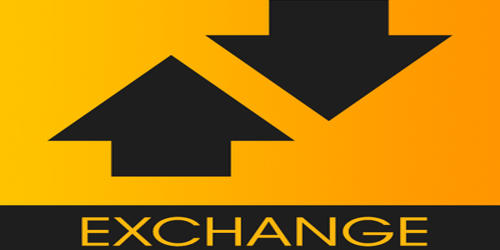The Community Exchange System (CES) is a community-based exchange system that provides the means for communities to trade and exchange their goods and services, both locally and remotely. It is an internet-based global trading network that allows participants to buy and sell goods and services without using a national currency. It could also be described as a global complementary trading network that operates without money as it is commonly understood. It may be described as a type of local exchange trading system (LETS) network based on free software. It also provides communities with a network that permits them to trade with other communities, wherever they are in the world. While it can be used as an alternative to traditional currencies such as the Australian dollar or Euro or South African rand, the Community Exchange System is a complementary currency in the sense that it functions alongside established currencies. CES exchanges compile and distribute a directory of goods and services offered by the users registered with them, as well as a list of their ‘wants’ or requirements.
The idea for an internet-based Community Exchange System arose in the 1990s, when a LETS system operating in Johannesburg, South Africa, started failing. The CES name was coined by an online web service that started in 2003 in Cape Town, South Africa, as the Cape Town Talent Exchange (CTTE). From there it spread to 99 countries, with the biggest take-up in Australia, where CES Australia was founded in 2011. This original CES takes the idea of LETS and similar systems a step further by providing the means for inter-community trading; it is a global network of communities using non-monetary exchange systems. The idea that such a currency is necessary before any trading can take place is an ancient one and increasingly irrelevant in this day and age of computers and the Internet. The main object of the CES is to facilitate trade and exchange by providing a range of non-monetary exchange tools.
The CES is international in scope. It is the first and only global complementary exchange system. It does not have printed money or coins but uses computer technology to serve as an “online money and banking system” or alternative exchange system and as a marketplace. It is community-based but provides the means for its users to exchange goods and services both locally and remotely without using national currencies. Community cooperation, using internally-driven, asset-based development is the key to solving the myriad of problems faced by communities not only in the third world but everywhere. It is an advance from an arrangement in which either one good or service is exchanged for another good or service, or commonly called barter since it uses a digital unit of value (not the same as digital currency). This helps to build community by connecting people and providing a local support network.
















